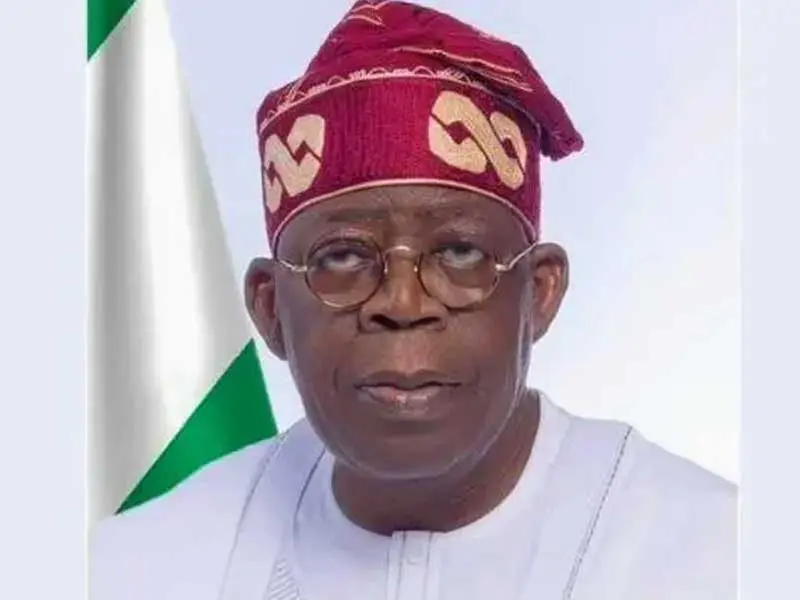In less than three weeks, President Bola Tinubu administration has secured another World Bank loan which is $500 million to help the country drive women’s empowerment.
Accordingly, World Bank stated that it gave approval for the loan to scale up financing for Nigeria Women Programme, which was initially approved on June 27, 2018, with $100 million financing.
Earlier, the World Bank Group had approved $750 million loan to Tinubu administration to boost Nigeria’s power sector, The loan with project ID P174622 was approved on June 9, 2023, making it the first World Bank loan approved under the new administration of President Bola Tinubu.
A statement released by the bank reads, “The World Bank has approved $500 million for Nigeria for Women Program Scale Up (NFWP-SU). The scale-up financing will further support the government of Nigeria to invest in improving the livelihoods of women in Nigeria.
”The NFWP-SU will help to ensure better economic opportunities for women, which is essential for addressing gender inequality; guaranteeing better education, health, and nutrition outcomes for families; and building women’s and communities’ resilience to climate change.”
Ex-President Buhari debt profile
President Tinubu and Ex-President Muhammadu Buhari are of All Progressives Congress (APC) that took over power from Peoples Democratic Party (PDP) in 2015.
Buhari who exited after eight-year reign inherited an N8.8 trillion federal government’s domestic debt in 2015. However, the figure rose to N16.02 trillion as of December 2020.
Likewise, the nation’s exchange rate fell from N197 to a dollar in 2015 to N381 at the end of December 2020.
Up from $7.35 billion in 2015, Nigeria’s external borrowings stood at $28.57 billion as of December 2020. This means that the administration incurred $21.27 billion in foreign loans.
But putting together external and domestic borrowing, Mr Buhari had borrowed N17.06 trillion as of March 2021, using the N381 exchange rate. This represents an average of N2.83 trillion per year since 2015.

Debt service obligations gulped 97 per cent of the Nigerian government’s total revenue in 2020, according to Budgit, a civic-tech non-profit organisation. Of the N3.42 trillion generated as revenue, Nigeria spent N3.34 trillion in debt servicing, Budgit said in July report.
Also, N3.3 trillion was set aside for debt servicing in the assented 2021 budget, about a quarter (24.3 per cent) of the entire N13.6 trillion total expenditure.
This trend has been in place since 2016.
In 2016, the country spent almost a quarter (about 24 per cent) of its budget to service debts. Of the N6.6 trillion budgeted for 2016, the government earmarked N1.5 trillion for debt financing.
The sum of N1.6 trillion was proposed for servicing debts out of the total (N7.3 trillion) budgeted for 2017.
In 2018, the figure rose as N2.2 trillion or 24.17 per cent was pegged for debt servicing in the N9.1 trillion budget.
In 2019, the government proposed to spend 24 per cent (N2.14 trillion) of the N8.9 trillion expenditure on debt service.
In mid-September, Mr Buhari sought the approval of the Senate to borrow $4 billion (4,054,476,863) and €710 million loan from bilateral and multilateral organisations to fund the deficit in the 2021 budget.
The president said the loan request is an addendum to the 2018-2020 borrowing plan and that the new borrowing is to meet “emerging needs” for some “critical projects.”
In July, the National Assembly had approved Mr Buhari’s request to borrow $8.3 billion and €490 million loans contained in the initial 2018-2020 borrowing plan.
Buhari left a huge debt profile of N80 trillion when he left Aso Rock Villa on Monday, May 29, 2023.
Recall that the Obasanjo government met $28 billion as foreign debt in 1999, it left $2.11 billion in 2007 after successfully securing a write-off by the London and Paris clubs of foreign creditors.
The Yar’adua/Jonathan government added $1.39 billion to what they met, and the Jonathan government incurred additional $3.8 billion, taking the country’s total foreign debt to $7.3 billion when that administration came to an end in 2015.
Nigeria’s external loan reached $28.57 billion by December 2020, meaning an extra $21.27 billion had been accumulated under the Buhari administration — three times the combined amount by past governments since 1999.
For domestic debt, considered relatively less harmful to the value of Naira than foreign debt, the figure rose from N795 billion in 1999 when the Obasanjo government came to power, to N8.8 trillion in 2015 when the Buhari administration assumed office. By December 2020, Nigeria’s domestic debt stood at N16.02 trillion — twice as much the combined amount taken by the past three governments.

